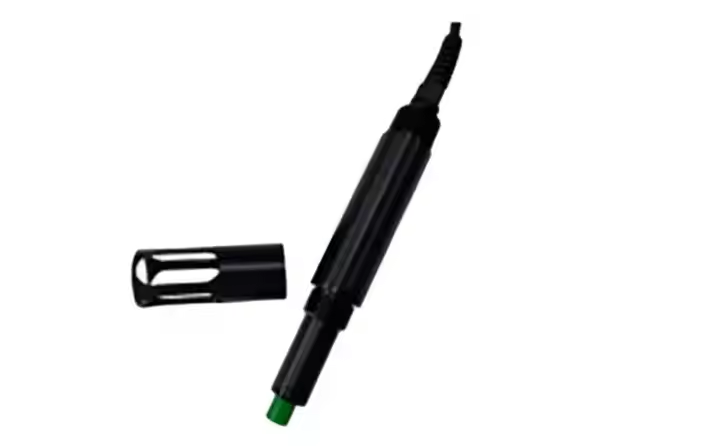The Impact of Nitrite Water Quality Sensors on Industrial Farming
Date: February 6, 2025
Location: Salinas Valley, California
In the heart of California’s Salinas Valley, where rolling hills meet sprawling fields of greens and vegetables, a quiet technological revolution is underway that promises to change the landscape of industrial agriculture. At the forefront of this transformation are innovative nitrite water quality sensors that are playing a critical role in ensuring the health of crops, the efficiency of irrigation systems, and, ultimately, the sustainability of farming practices.
Nitrogen—an essential nutrient for plant growth—exists in various forms and is crucial for successful agriculture. However, when nitrogen runoff from fertilizers and animal waste enters water sources, it can convert into nitrites, leading to significant environmental challenges, including water pollution and eutrophication. The introduction of advanced nitrite water quality sensors is helping farmers monitor these levels more effectively, addressing both crop health and environmental concerns.
A Game Changer for Water Management
The story of these sensors began in 2023 when a group of agricultural scientists and engineers collaborated to develop a low-cost, high-efficiency sensor aimed at detecting nitrite concentrations in irrigation water. By providing real-time data, these sensors allow farmers to adjust their fertilization practices and water management techniques to ensure crops receive optimal nutrients without contributing to water quality issues.
“Before we had these sensors, it was like flying blind,” said Laura Gonzalez, a sustainable farmer in the Valley. “We’d apply fertilizers based on guesswork or outdated soil tests, but we often ended up with too much nitrogen leaching into our water systems. Now, with instant feedback from the sensors, we can fine-tune our approach. It’s saving us money and protecting our water supply.”
By integrating nitrite sensors into their irrigation systems, farmers can monitor the levels of nitrites in real-time. This allows them to choose the best times to irrigate, ensuring water is used effectively and reducing excess fertilizer runoff. The impact has been profound, with many farmers reporting a 30% reduction in fertilizer costs while improving crop yields.
The Environmental Impact
As stakeholders in the agricultural sector grow more conscious of environmental issues, nitrite sensors have also become an essential tool for sustainability. With the ongoing threat of climate change and increased scrutiny from consumers and regulators, farmers are seeking innovative solutions that protect both their crops and the environment.
Dr. Raj Patel, an environmental scientist at the University of California, Monterey Bay, emphasizes the broader implications of this technology: “Excessive nitrite levels can lead to serious ecological imbalances. With these sensors, we’re not just helping farmers become more efficient; we’re also protecting our waterways and ecosystems from harmful pollutants.”
By reducing nitrite runoff, farmers contribute to healthier rivers and bays, positively impacting aquatic life and water quality for nearby communities. This has not gone unnoticed; local governments and NGOs are now advocating for the adoption of these sensors as part of broader strategies to improve water management practices in agriculture.
A Bright Future for Agriculture
The adoption of nitrite water quality sensors has not been limited to California. Farmers across the country are now looking to implement similar technologies in their operations, driven by both environmental responsibility and economic viability.
“Tech in agriculture is no longer just a trend; it’s the future,” said Mark Thompson, CEO of AgriTech Innovations, the company that developed the nitrite sensors. “We’re seeing a paradigm shift where advanced technology meets sustainable farming, ensuring that we can feed an ever-growing population while protecting our natural resources.”
As interest in these technologies grows, AgriTech Innovations is ramping up production, making the sensors more accessible to farmers of all sizes. In addition to the sensors, they are now offering an integrated mobile application that provides analytics and personalized recommendations based on local conditions.
Conclusion
For more water quality sensor information,
please contact Honde Technology Co., LTD.
Email: info@hondetech.com
Company website: www.hondetechco.com
Post time: Feb-07-2025


